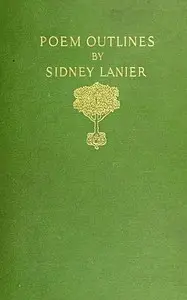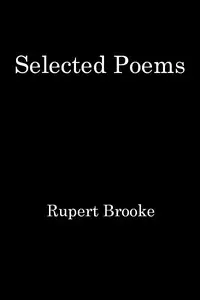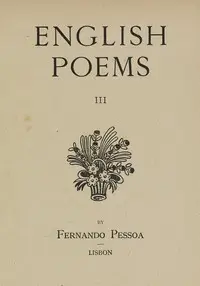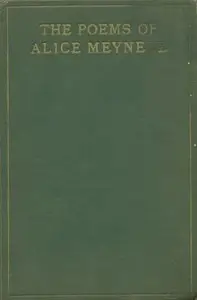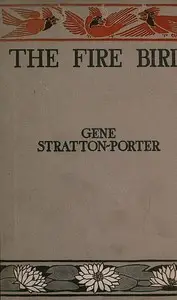"Select Poems of Sidney Lanier" by Sidney Lanier is a collection that offers readers a window into the soul of a 19th-century poet through a selection of his most striking works. The anthology acts as an introduction to Sidney Lanier's life, shedding light on his evolution from a young musician to a soldier in the Civil War and, later, a poet and lecturer facing persistent health challenges; from this foundation readers understand the themes of nature, music, and the struggles of life, all deeply embedded in Lanier’s verse. Edited to appeal to a wide audience, especially students, the collection showcases Lanier's lyrical style and celebrates the beauty he found in the world around him, as well as celebrating Lanier's legacy as an important voice in American poetry.

Select Poems of Sidney Lanier
By Sidney Lanier
Explore the profound connection between nature, music, and life's trials in the verses of a gifted poet whose journey shaped his unforgettable words.
Summary
About the AuthorSidney Clopton Lanier was an American musician, poet and author. He served in the Confederate States Army as a private, worked on a blockade-running ship for which he was imprisoned, taught, worked at a hotel where he gave musical performances, was a church organist, and worked as a lawyer. As a poet he sometimes used dialects. Many of his poems are written in heightened, but often archaic, American English. He became a flautist and sold poems to publications. He eventually became a professor of literature at Johns Hopkins University in Baltimore, and is known for his adaptation of musical meter to poetry. Many schools, other structures and two lakes are named for him, and he became hailed in the South as the "poet of the Confederacy". A 1972 US postage stamp honored him as an "American poet".
Sidney Clopton Lanier was an American musician, poet and author. He served in the Confederate States Army as a private, worked on a blockade-running ship for which he was imprisoned, taught, worked at a hotel where he gave musical performances, was a church organist, and worked as a lawyer. As a poet he sometimes used dialects. Many of his poems are written in heightened, but often archaic, American English. He became a flautist and sold poems to publications. He eventually became a professor of literature at Johns Hopkins University in Baltimore, and is known for his adaptation of musical meter to poetry. Many schools, other structures and two lakes are named for him, and he became hailed in the South as the "poet of the Confederacy". A 1972 US postage stamp honored him as an "American poet".


